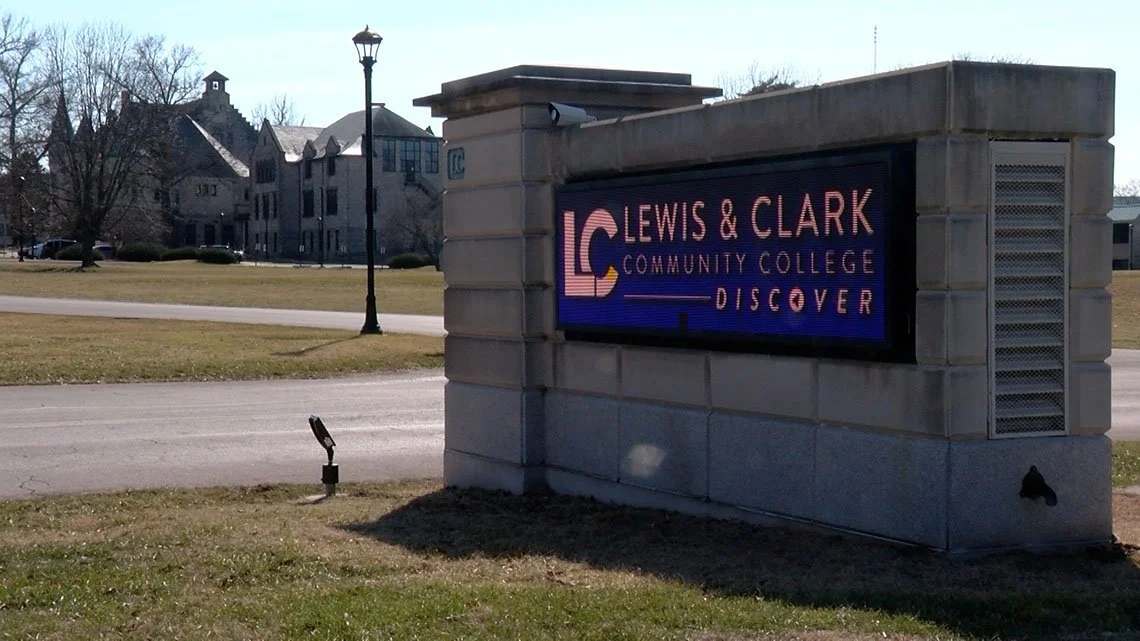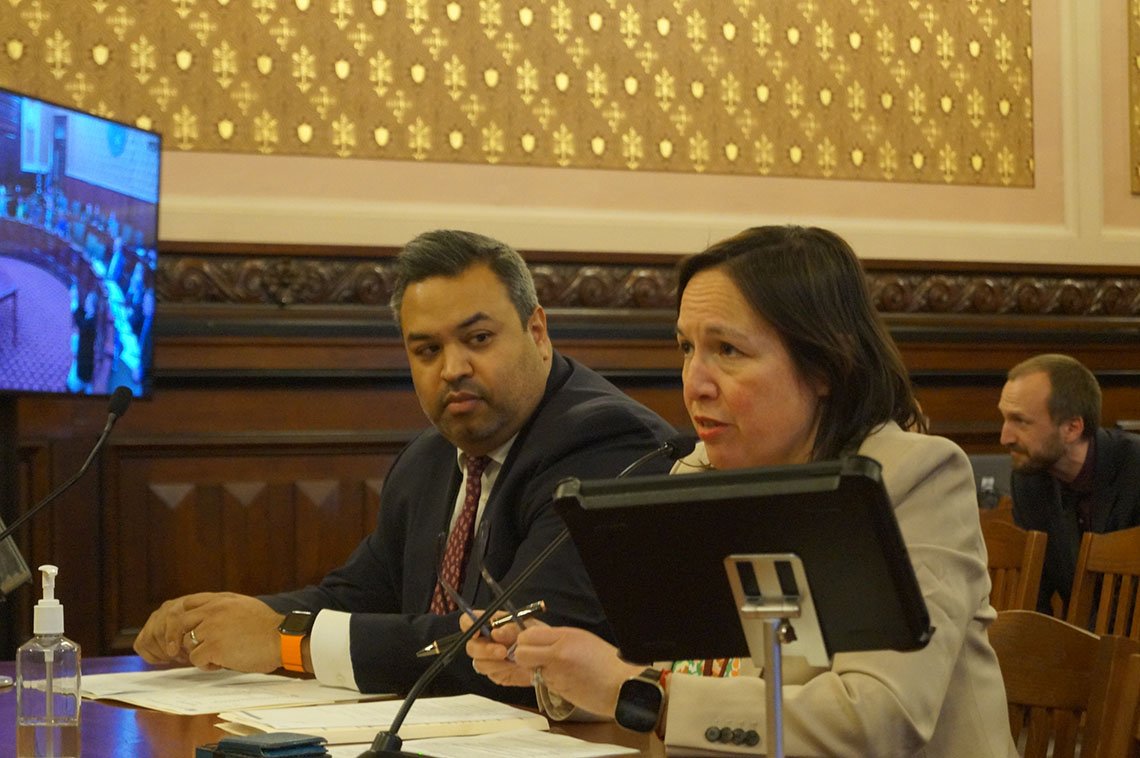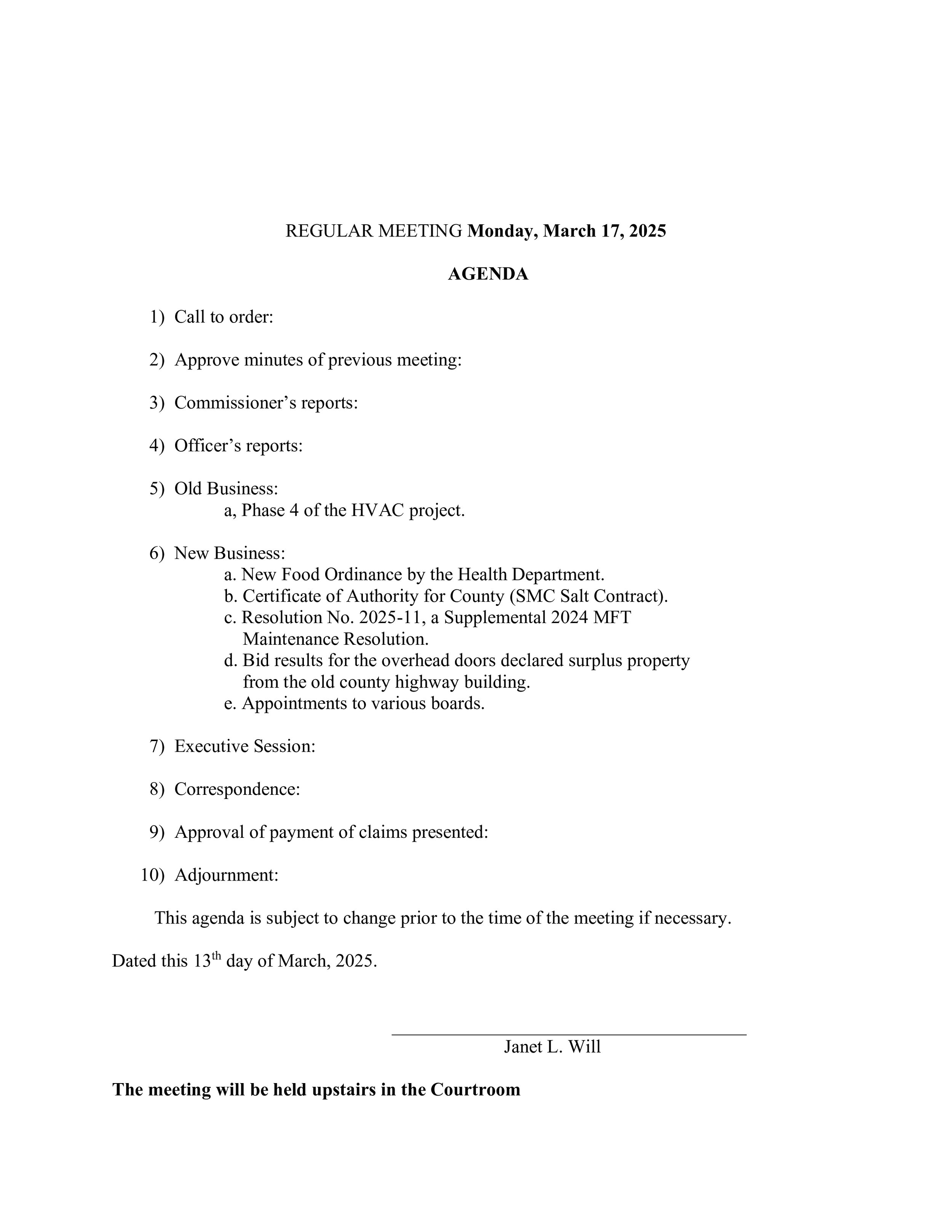Spring enrollment tops 285,000, marking third straight year of growth
By PETER HANCOCK
Capitol News Illinois
phancock@capitolnewsillinois.com
SPRINGFIELD — Enrollment at Illinois community colleges grew to more than 285,000 in the spring semester this year, an 8.9% increase over a year ago and the largest spring-to-spring enrollment increase since the Illinois Community College Board began collecting systemwide data in the late 1990s.
In a report released Tuesday, the ICCB said 40 of the state’s 45 community colleges reported enrollment growth this spring.
There was significant growth in several enrollment categories, including a nearly 20% increase in students enrolled in dual credit programs, which allow high school students to earn college credits. But there was an even greater increase, 23.4%, in students seeking general associate’s degree programs.
“With the largest spring-to-spring enrollment increase and the third straight year of growth, our community colleges have not only bounced back from the pandemic — they are now stronger than ever thanks to our historic investments in education,” Gov. JB Pritzker said in a statement.
Since Fiscal Year 2019, the year Pritzker came into office, state funding for the Monetary Award Program, also known as MAP grants, the state’s need-based financial aid program, has increased 77%, to just over $710 million.
During that time, Illinois has been able to increase both the number of grants it awards each year to more than 151,000 this year, as well as the maximum grant amount, which now stands at $8,604.
For Fiscal Year 2026, which begins July 1, Pritzker has proposed another $10 million increase in MAP grants, bringing the total to $721.6 million.
Martin Torres, Pritzker’s deputy governor for education policy, said in an interview that increased funding for financial aid has made higher education in Illinois more accessible to moderate-income students, especially those who choose to attend a community college.
“If you're at a community college, combined with the (federal) Pell grant and the MAP, the vast majority, nearly every single student who's at or below median income level can go for free in terms of tuition and fees,” he said in an interview.
Illinois community colleges also saw year-over-year enrollment increases in the fall semester. ICCB reported in October the total headcount enrollment had grown to 265,227, up 7.4% from the previous fall. That was also a higher growth rate than the state’s public universities, which saw only a 2% increase in undergraduate enrollment over that same period, according to the Illinois Board of Higher Education.
In his budget address to the General Assembly in February, Pritzker also proposed giving community colleges a larger role in the state’s higher education system by allowing them to offer four-year bachelor’s degrees in high-demand career fields in their local areas. He said that is intended to make four-year programs more accessible to people who don’t live in or near cities with major universities.
Read more: Pritzker to call for expansion of 4-year degree offerings at some community colleges
Torres said he expects that legislation to come up soon in the General Assembly, possibly as early as this week.
“The community colleges who pursue this, if the General Assembly creates this authority, will have to go through the same accreditation process as four-year institutions,” Torres said. “And so from a quality standpoint, students will be able to expect the same level of quality, and the instructors will be required to be trained in the same way.”
Capitol News Illinois is a nonprofit, nonpartisan news service that distributes state government coverage to hundreds of news outlets statewide. It is funded primarily by the Illinois Press Foundation and the Robert R. McCormick Foundation.
The spring 2025 enrollment report shows enrollment at community colleges in Illinois grew at a record pace compared to a year ago. (Capitol News Illinois photo by Andrew Campbell)









